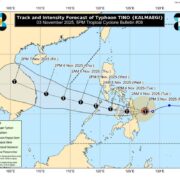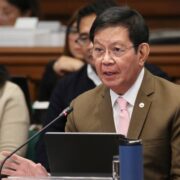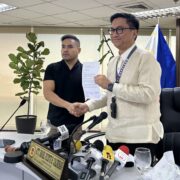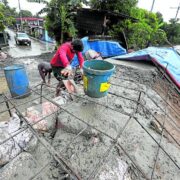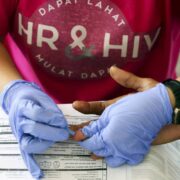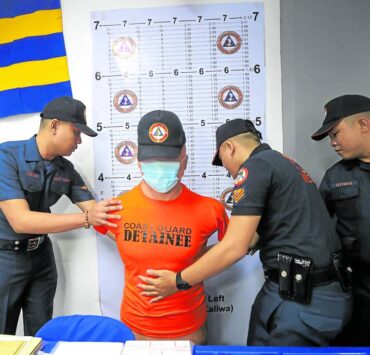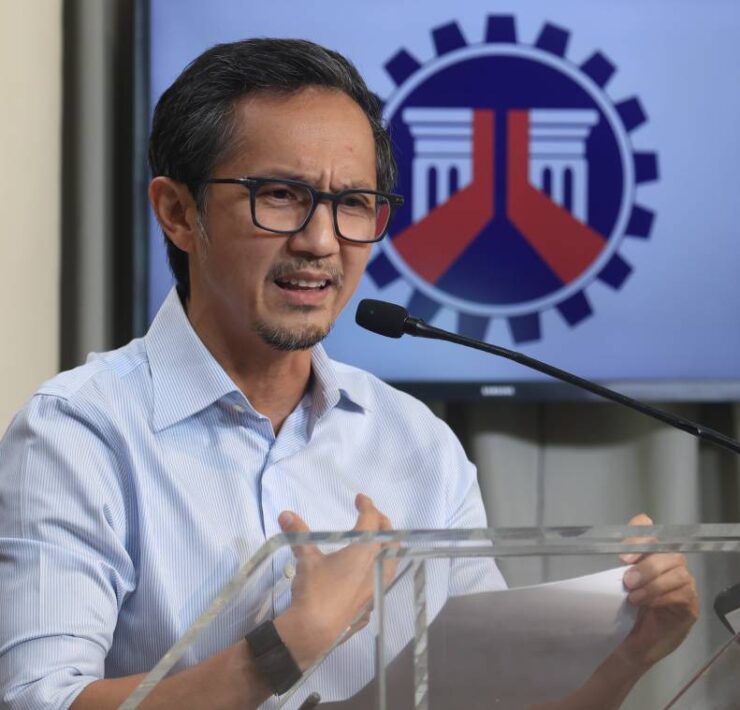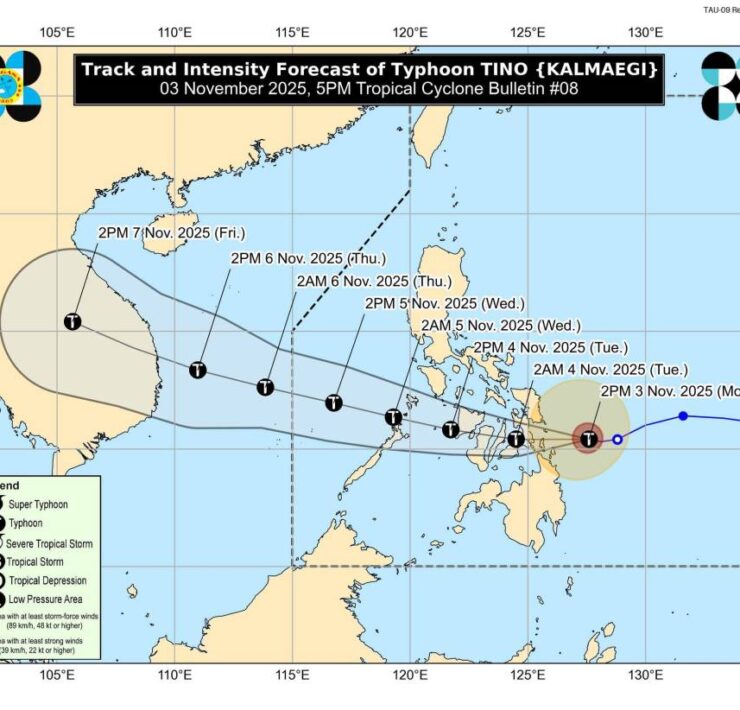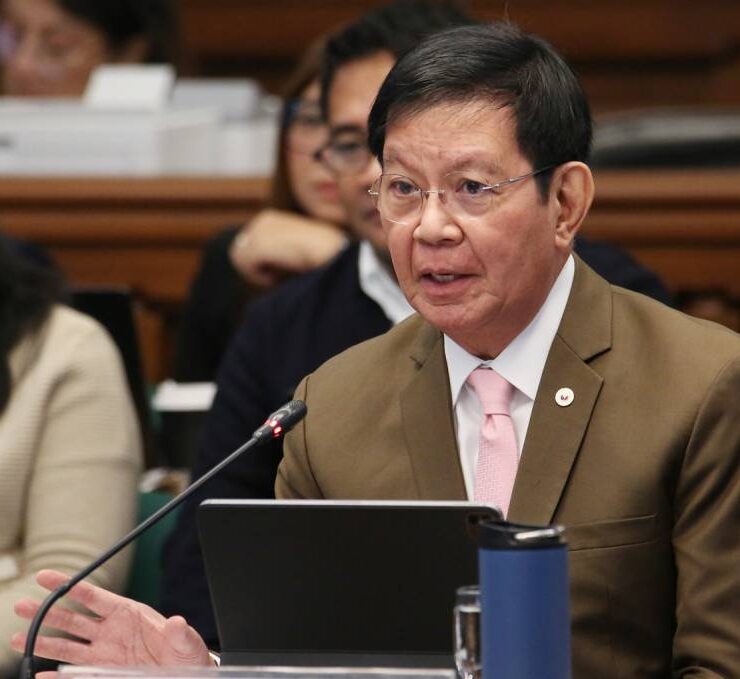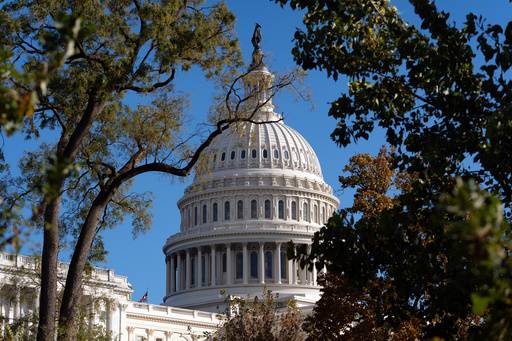PH improves ranking in Press Freedom Index

Despite an improved ranking this year, the state of press freedom in the Philippines remains at a “difficult” situation with Filipino journalists facing constant threats of violence and harassment, according to a media industry report released on Friday.
From 134 last year, the Philippines improved to 116 in the 2025 World Press Freedom Index, based on the monitoring by international nonprofit organization Reporters sans frontières (RSF, or Reporters Without Borders).
It still placed country, however, in the bottom half of the index that lists a total of 180 countries.
RSF defines press freedom as the “ability of journalists as individuals and collectives to select, produce and disseminate news in the public interest independent of political, economic, legal and social interference and in the absence of threats to their physical and mental safety.”
The Philippine ranking was based on an average score of 49.57 based on five indicators: political (39.62), economic (39.58), legislative (52.4), social (54.69) and security (61.57).
Arthur Rochereau of the RSF Asia-Pacific Bureau noted the zero media killings reported in the past year under Marcos administration.
“The main reason for the improvement of the Philippines is due to the improvement of the safety indicator,” Rochereau said at a media briefing on Friday.
“The RSF index is a snapshot of the situation of the press for one year—the fact there was no murder of journalists…Also, the fact that the current administration is less aggressive towards the media than the former Duterte administration also improves the situation a little bit,” he added.
‘Red-tagging’
But the country is still categorized as having an “overall very difficult situation,” he said, with journalists facing the risk of harassment and violence both on- and offline.
“There are strong systemic issues explaining why the Philippines is still ranked at the bottom of the index. The issue of red-tagging, for instance, is a strategy from authorities to label journalists that are critical to the administration and to the army as terrorists,” said Rochereau.
He cited the case of community journalist Frenchie Mae Cumpio, who has been in jail and on trial since 2020 on charges of “terrorism”.
Rochereau said the Philippines also remained the “deadliest” country for journalists in Asia-Pacific, with almost 200 killed in the last 40 years.
A first since 1995
During the Duterte administration from 2016 to 2022, the RSF recorded the killing of at least 20 journalists.
The group noted that in 2024 was the first year since 1995—or in the last 29 years—that no journalist was killed in the Philippines in connection with his or her work.
At the global level, economic pressure remained a “major insidious problem” among journalists, with the economic indicator of press freedom hitting an “all-time low” this year, the index showed.
Among the main economic issues hounding individual journalists and media companies in many countries are the “excessive consolidation of media ownership, repressive use of economic and regulatory laws; withdrawal or freezing of international funding; and widespread lack of financing for journalists and the media,” RFS said.
This leads to “less media plurality and more media polarization,” threats to editorial independence, and struggles to sustain the media companies’ finances, and worse closures of media outlets.
Top, bottom rankings
At the top of the World Press Freedom Index is Norway, followed by Estonia and the Netherlands.
The countries at the bottom rankings, where most of the media entities are not considered independent since they are either state-controlled or party-affiliated, are China (178), North Korea (179) and Eritrea (180).
More than half of the population, or 56 percent, reside in countries covered by the index where the “press freedom situation is very serious,” RSF noted.
Only less than 0.7 percent live in a country or territory where press freedom is in a “good” state.



